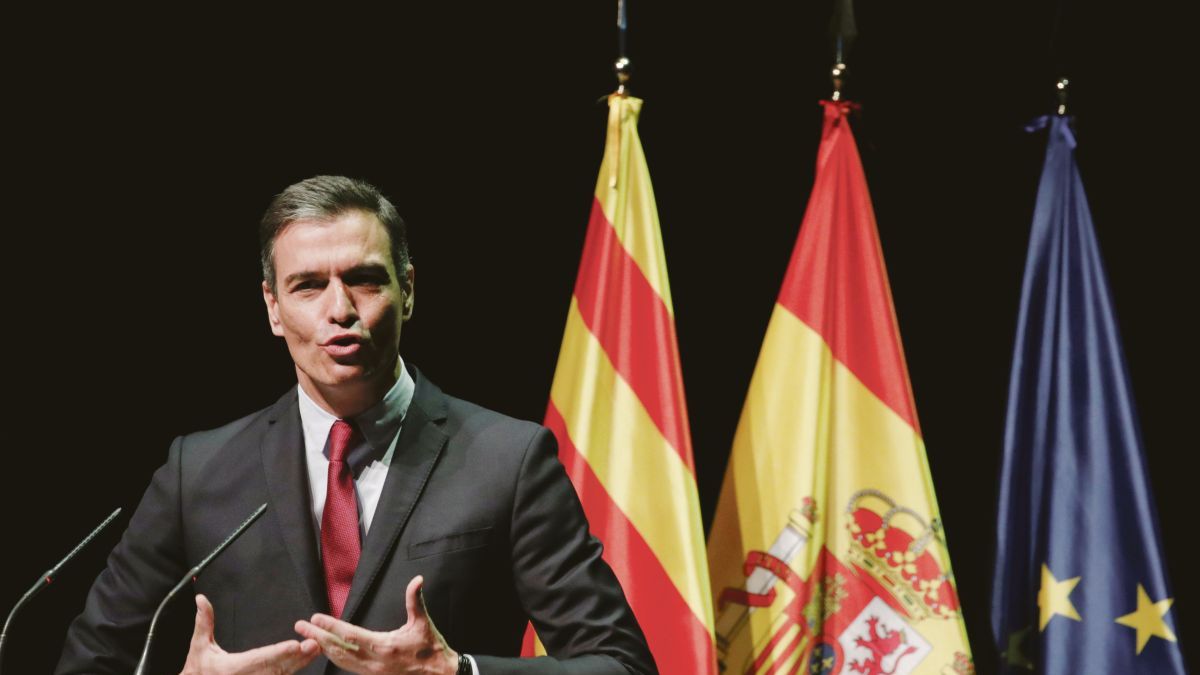After the adoption of the law in first reading in the Congress of Deputies, scheduled for the afternoon, this text of the government of the socialist Pedro Sanchez it will go to the Senate to be definitively approved after the summer recess.
Is “Democratic Memory Law” is his second major initiative on this issue, after the exhumation of Francisco Franco (1939-1975) from his monumental mausoleum near Madrid.
Historical reparation to the victims
The main measure of this bill is that the State will take charge, for the first time, of the search and identification of the disappeared victims of the Civil War and the dictatorship.
This will require direct funding from the Spanish government, while currently the search for the bodies of the victims is carried out mainly by the family associations and of the autonomous regions.
“The State has to exhume the bodies of the victims of the Franco dictatorship. There are still 114,000 forcibly disappeared“, that is, people whose fate was deliberately hidden, said Pedro Sánchez on Tuesday in the Congress of Deputies.
“We are, after Cambodiathe country in the world with the most disappeared,” he added, mentioning the Asian country that suffered the atrocities of the Khmer Rouge.
The vast majority of those who disappeared during the war were republicansand the Franco regime exhumed many victims of the national side from mass graves to bury them.
The government bill will also lead to the creation of a DNA bank of the victims to facilitate their identification, as well as the creation of a map of all the mass graves in Spain.
It also provides for the annulment of the sentences handed down by the Francoist justice system against the Republicans or the homosexual communityand the creation of a prosecutor’s office dedicated to investigating violations of the human rights committed during the Civil War and the Franco dictatorship.
Until now, the Amnesty Law of 1977 prevented any type of reparation in the name of the transition to democracy.
Conservatives oppose
Spain’s main right-wing opposition party, the People’s Party (PP)), who repeatedly accused the left of trying to reopen the wounds of the past with the alibi of memory, promised to repeal the law if he returns to power in elections scheduled for the end of 2023.
The last president of the PP government, Mariano Rajoy (2011-2018), boasted of not having spent a single euro of public money in the application of a first “historical memory” law, approved in 2007 under a previous socialist government and intended to recognize the victims of Francoism.
And the PP’s fierce opposition to the law has been aggravated by the concessions extracted from Pedro Sánchez by Basque separatists from Bildu in exchange for their votes.
Alleging the absence of purges in the police apparatus during the first years of democracy, this formation, heir to the political showcase of the armed organization ETAobtained a report from a commission on possible violations of human rights since 1978, the year of the approval of the Constitution of Spain, until the end of 1983.
In particular, 1983 was the year in which the LAG (Grupos Antiterroristas de Liberación), a vigilante organization responsible for 28 murders of Basque activists up to 1987.
Source: Ambito
David William is a talented author who has made a name for himself in the world of writing. He is a professional author who writes on a wide range of topics, from general interest to opinion news. David is currently working as a writer at 24 hours worlds where he brings his unique perspective and in-depth research to his articles, making them both informative and engaging.




